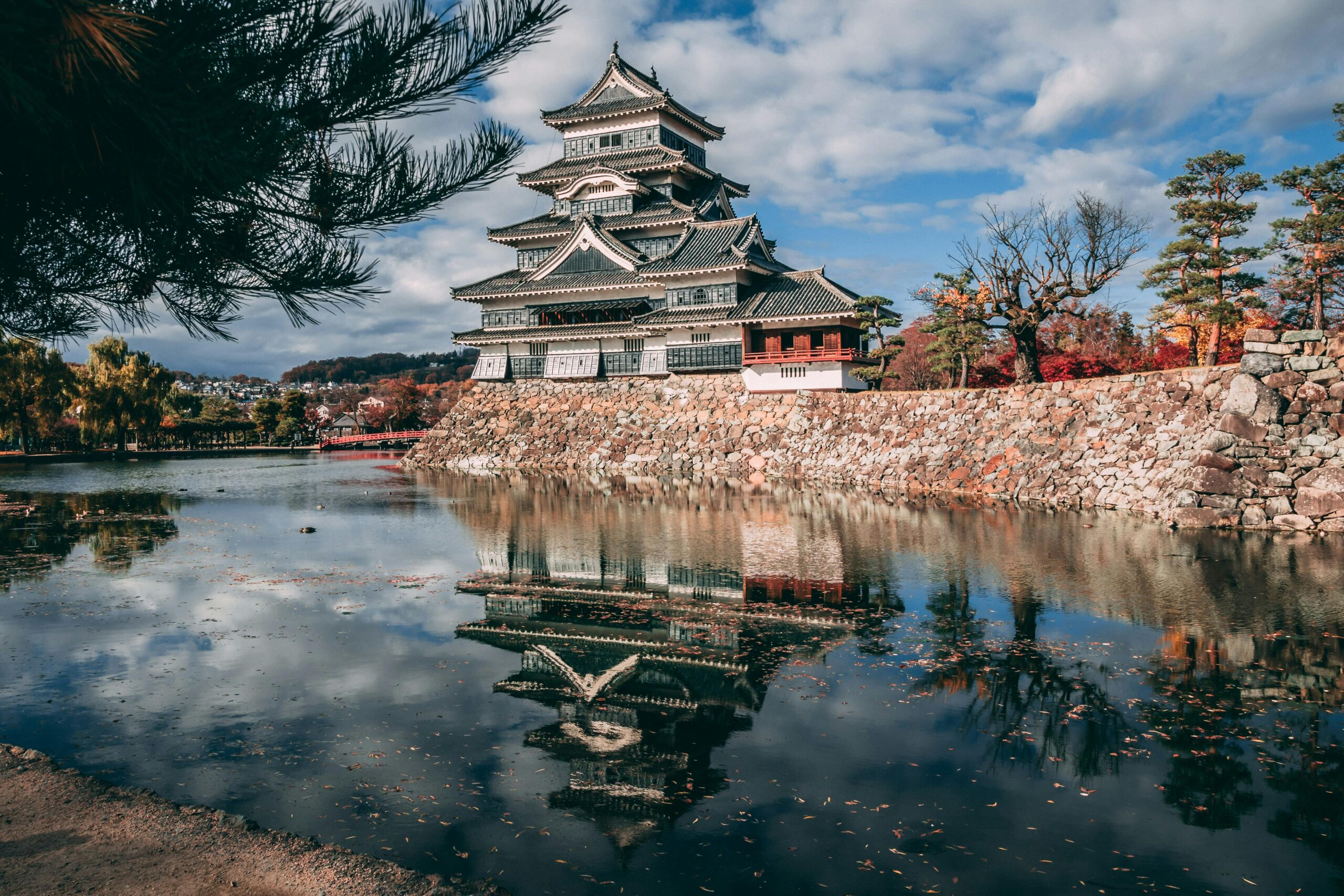Japan is known for its rich culture, advanced technology, and one of the highest life expectancies in the world. Understanding the factors behind Japan’s impressive life expectancy can provide insights into the lifestyle and healthcare practices that contribute to longevity.
Current Statistics
As of 2024, the average life expectancy in Japan is approximately 84.5 years. This figure places Japan among the top countries globally for longevity, with women living on average to about 87 years and men to about 82 years.
Factors Contributing to High Life Expectancy
1. Diet
The Japanese diet is often cited as a significant factor in their long lifespan. It is rich in:
- Fish: High in omega-3 fatty acids, which are beneficial for heart health.
- Vegetables: A variety of seasonal vegetables provide essential nutrients and antioxidants.
- Rice: A staple that provides energy without the added fats.
- Soy Products: Items like tofu and miso are high in protein and low in fat.
Example: The traditional Japanese meal includes a variety of dishes like grilled fish, miso soup, pickled vegetables, and a bowl of rice, offering a balanced intake of nutrients.
2. Healthcare System
Japan’s healthcare system is known for its efficiency and accessibility. It offers:
- Universal Health Coverage: Ensures that everyone has access to medical services.
- Preventive Care: Regular health check-ups and screenings help in early detection and treatment of diseases.
- Advanced Medical Technology: High standards of medical technology and research contribute to effective treatment and management of health conditions.
Example: Japanese citizens have regular access to comprehensive health check-ups known as “Ningen Dock,” which screen for various health issues and provide lifestyle recommendations.
3. Active Lifestyle
Physical activity is an integral part of Japanese life, especially among the elderly. Activities include:
- Walking and Cycling: Common modes of transportation that keep people physically active.
- Group Exercises: Many communities organize group exercises, such as “Rajio Taiso” (radio exercises), particularly for seniors.
- Traditional Martial Arts: Practices like karate, judo, and kendo promote physical fitness and mental discipline.
Example: In many Japanese cities, it’s common to see elderly people participating in morning exercise routines in parks, fostering both physical health and social interaction.
4. Social Cohesion
Strong social ties and a sense of community contribute significantly to mental and emotional well-being. Factors include:
- Family Support: Multi-generational living arrangements ensure that elderly family members are cared for and remain socially engaged.
- Community Involvement: Local festivals, clubs, and volunteer activities keep people connected and active.
- Cultural Respect for Elders: Respect and care for the elderly are deeply ingrained in Japanese culture, reducing feelings of isolation.
Example: The concept of “Ikigai,” which means having a purpose in life, is prevalent in Japan. It encourages individuals to find joy and meaning in their daily activities and roles within the community.
Challenges and Future Outlook
Despite its high life expectancy, Japan faces challenges related to its aging population:
- Aging Society: A significant portion of the population is elderly, leading to increased demand for healthcare and social services.
- Declining Birth Rate: The low birth rate may result in a shrinking workforce, affecting economic stability and the ability to support an aging population.
- Healthcare Costs: Rising costs associated with caring for the elderly can strain the healthcare system.
Example: Government initiatives are focusing on encouraging higher birth rates through support programs for families and increasing the efficiency of healthcare services for the elderly.
Conclusion
Japan’s average life expectancy of 84.5 years in 2024 reflects the country’s effective combination of diet, healthcare, active lifestyle, and social cohesion. While challenges remain, Japan’s approach to longevity offers valuable lessons for other nations looking to improve the health and lifespan of their populations. By adopting similar practices, individuals and communities worldwide can enhance their quality of life and potentially increase their life expectancy.

